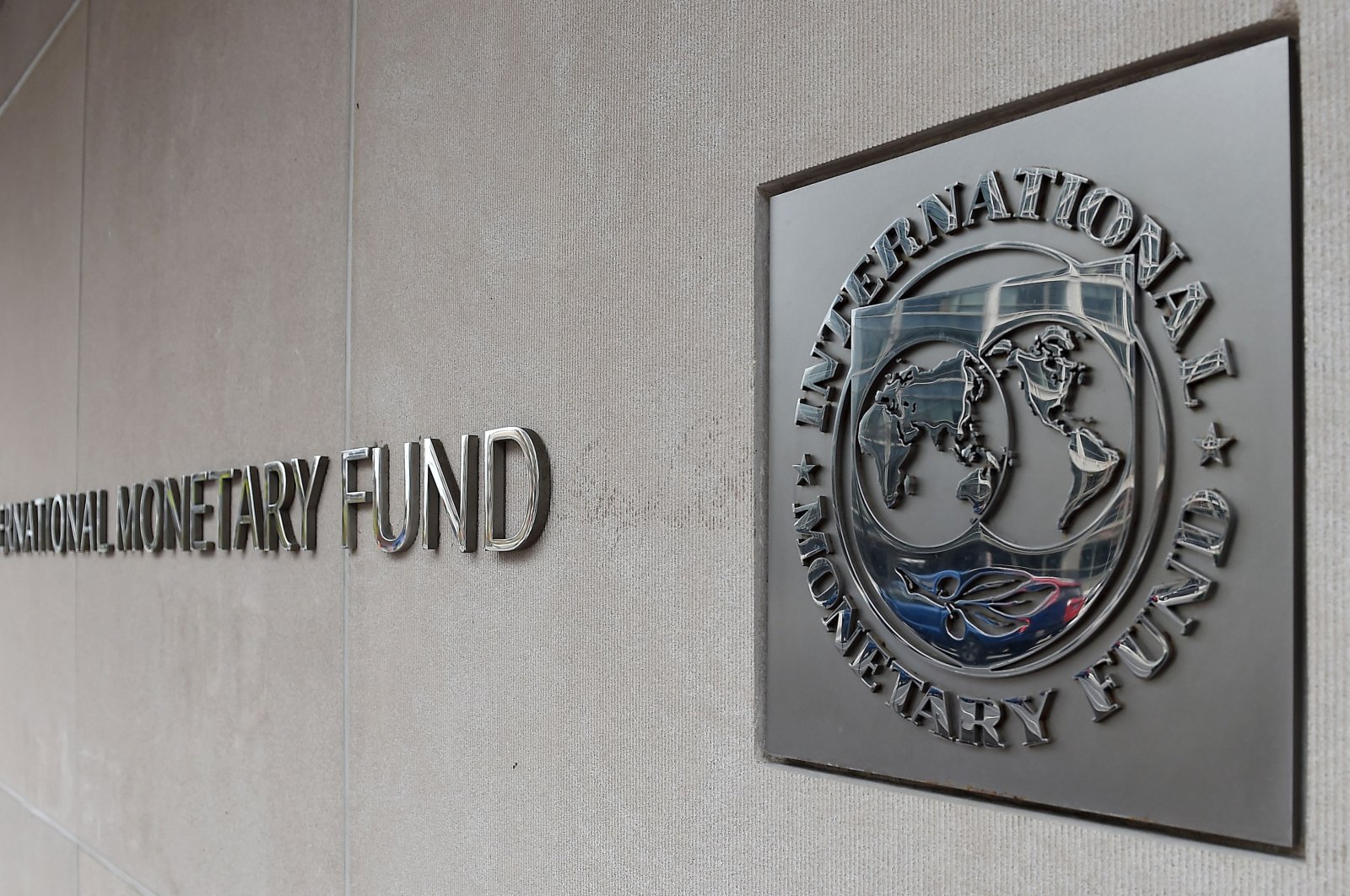Gambiaj.com – (WASHINGTON, DC) – The International Monetary Fund (IMF) has approved a critical 18-month Resilience and Sustainability Facility (RSF) arrangement for The Gambia amounting to SDR 46.65 million (approximately US$63.55 million). The move signals better confidence in the country’s economic outlook but also places The Gambia under stringent obligations to deliver sweeping fiscal, structural, and climate reforms in exchange for disbursement.
The RSF funding will not be immediately available. Disbursement is contingent upon The Gambia successfully completing the first review of the program.
For what purpose does The Gambia require the funds?
Once unlocked, the funds will assist Gambian authorities in tackling climate-related vulnerabilities while reinforcing the country’s legal and institutional frameworks.
The funds are intended to help improve public finance management, establish national climate data systems, develop a climate transition taxonomy, and support adaptation and energy transition measures.
The IMF expects these reforms to strengthen the country’s overall resilience and reduce exposure to balance of payments shocks.
Simultaneously, the IMF’s Executive Board concluded the third review of The Gambia’s ongoing Extended Credit Facility (ECF) program, clearing the way for an immediate disbursement of SDR 12.44 million (about US$16.95 million).
This brings total ECF disbursements to date to around US$50.8 million since the facility was approved in January 2024.
Despite a positive economic outlook, the IMF notes that The Gambia faces considerable challenges. The country’s real GDP is projected to grow by 5.7 percent in 2025, underpinned by a recovering tourism industry and solid performance in agriculture and construction.
Inflation has eased, reaching 8.1 percent by the end of April. However, these gains remain fragile, especially in light of global economic uncertainty and domestic fiscal pressures.
Gambia Requests Waiver for Noncompliance, Agrees to Offset the Carryover of 2024 Spending
The Fund has expressed concern over continued unbudgeted expenditures, especially transfers to the struggling National Water and Electricity Corporation (NAWEC), which are undermining fiscal discipline.
Although the government has shown strong revenue performance, the IMF insists that spending must be better controlled and reoriented toward priority areas.
To address these fiscal pressures, the Gambian authorities have committed to offsetting the carryover of 2024 spending commitments by cutting non-essential spending in 2025.
They also pledged to stick to their fiscal consolidation plan, which includes reducing the budget deficit, boosting domestic revenue, and enhancing expenditure controls.
Strengthening public financial management to prevent domestic arrears and better regulate multi-year spending commitments will be key to restoring fiscal balance.
In its assessment, the IMF approved The Gambia’s request for waivers related to noncompliance with two key targets: the end-June 2024 floor on the domestic primary balance and the end-December 2024 ceiling on net domestic borrowing.
These waivers were granted based on corrective measures taken and a renewed commitment to programme objectives.
The IMF also highlighted the importance of limiting fiscal risks from state-owned enterprises and public-private partnerships. It welcomed the Central Bank of The Gambia’s decision to cease direct financial support to public entities, a move aimed at protecting its balance sheet.
The Fund also praised the Bank’s monetary policy approach, which it described as appropriately tight and data-driven, and noted that the foreign exchange market is functioning smoothly under the revised exchange rate policy.
Delays Still Persistent in Achieving Key Structural Targets
Progress on structural reforms has been uneven. While the authorities have met most quantitative benchmarks, delays have been noted in achieving key structural targets.
The IMF has urged the government to accelerate reforms to improve governance, combat corruption, and create a more business-friendly environment.
It underscored the urgency of implementing recommendations from a recent governance diagnostic and called for the prompt appointment of an anti-corruption commission.
The newly approved RSF is expected to complement the ECF by integrating climate policy into the broader economic reform agenda.
The IMF stressed that successful implementation of the RSF will depend on careful sequencing of reforms and effective coordination between domestic institutions and development partners. Targeted technical assistance and capacity building will also play a crucial role in ensuring the sustainability of the reforms.
In summary, while the IMF’s approval of the RSF and continued support through the ECF reflect growing confidence in The Gambia’s economic management, future disbursements will depend squarely on the government’s ability to deliver on its reform commitments.
The message from the IMF is clear: money will follow measurable progress.










